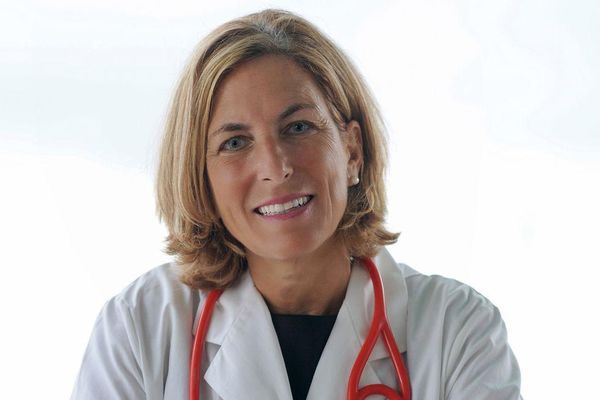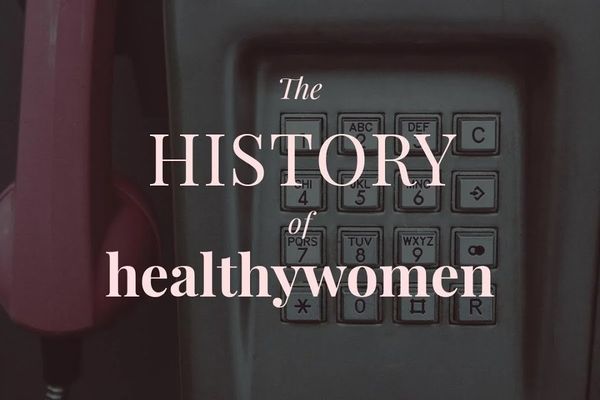For the 18th straight year, nurses ranked as America’s most trusted profession, according to Gallup. More than 80 percent of the 1,000-plus adults surveyed said that nurses’ honesty and ethical standards were “high” or “very high.”
As a maternal-fetal medicine nurse, this statistic does not surprise me. Every time I work with patients and their families, I see how nurses fill the gaps in the health-care system, tying good medicine together with a holistic human touch.
When I look more closely at Gallup’s data, however, I am surprised by how consistent this trust is across categories. Male and female, conservative and liberal, white and non-white—the numbers are nearly the same. Americans trust nurses.
So what do these statistics mean for women’s health and for health care more broadly?
First, the Gallup finding reminds me of what many experts are already saying: That nurses have a vital role to play in fixing health care. Over the past few years, I have been pleased to see the increasing attention paid to nurses as innovators.
For example, Johnson & Johnson created a Nurse Innovation Fellowship to support nurse entrepreneurs, while nurse-entrepreneur Rebecca Love, the first nurse to have her TEDx talk featured nationally on TED.com, has organized nurse “hackathons” through SONSEIL, a new professional society that supports nurse leaders. I hope we will continue to see new types of support for nurse-led health-care innovation.
Second, I hope that the profession of “nurse practitioner” will be added to future Gallup studies. Nurse practitioners, who may specialize in family medicine, women’s health or other areas, are licensed to diagnose and prescribe, like a doctor, but their degree of autonomy is determined by state law. They exist in a middle ground between registered nurses and physicians.
Research shows that health outcomes with nurse practitioners are similar to physicians, while often saving money, increasing patient satisfaction and reducing the length of hospital stays. And many public health experts argue that nurse practitioners—whose salaries are significantly lower than doctors’—are an important part of the solution to the shortage of primary care providers nationally. Nurse Practitioners deserve to be understood as a distinct profession, one that links the best of nursing with the best of medicine.
Finally, I ask why, if nurses are America’s most trusted profession, those same nurses are not happier and healthier. I know firsthand how many nurses are neglecting their own health, which is why we encourage all nurses to join our #BeHealthiHer movement. According to research conducted by the American Nurses Association, nurses are less healthy than the general public: They not only get less sleep but also tend to weigh more and experience more stress. As Sophia Thomas, president of the American Association of Nurse Practitioners, recently told HealthyWomen, chronic stress can lead to physical symptoms. New research also shows that nurses are at high risk for occupational burnout.
Nursing remains a female-dominated profession—more than 90% female in 2017, according to the National Nurses Workforce Study—and therefore nurses may be undervalued and underpaid. While a number of initiatives aim to improve nursing as a profession, we need to do more on a policy level to ensure that nurses are fairly treated and fairly compensated.
As we move forward together, let’s listen to our nurses, look to them for solutions, and ask what we can do to support them.







